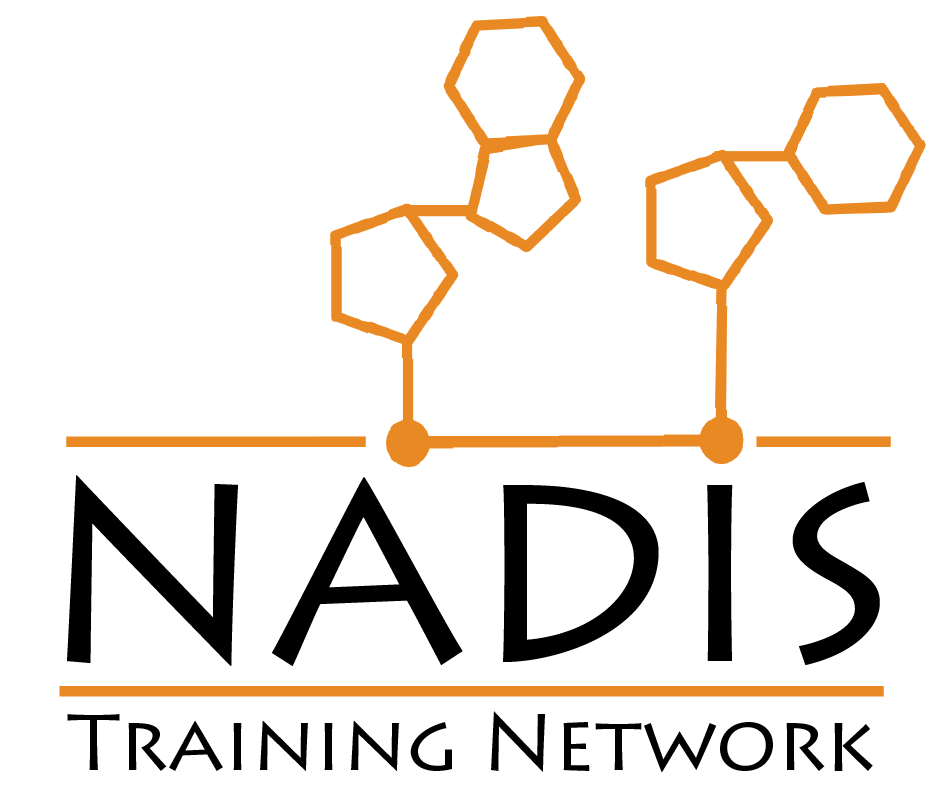Our bodies have a natural 24-hour cycle called the circadian rhythm, which regulates when we sleep and wake, influencing hormone release, our eating habits, and even our mood. This rhythm makes sure our functions are aligned with the external environment, promoting health and well-being.
Interestingly, the molecule NAD+ is essential for the regulation of our circadian rhythms!
NAD+ can be used by enzymes known as sirtuins (SIRTs) to regulate genes that control our circadian rhythms. Specifically, NAD+ enables the enzyme SIRT1 to influence the location and stability of a protein called Period Circadian Regulator 2 (PER2), which then modulates the key circadian rhythm genes CLOCK and BMAL1 (Levine et al., 2020).
As a result, healthy NAD+ levels keep our internal clock accurate, allowing sirtuins to maintain our natural sleep-wake cycle and circadian rhythm.
However, as we age or face health issues, our NAD+ levels decrease, causing disruptions to our circadian cycles. These shifts in our circadian cycles can make us more vulnerable to cognitive issues, increase our risk of metabolic illnesses, and weaken our immune system.
On the positive side, research shows that supplementing with NAD+ precursors such as NR and NMN can boost NAD+ levels and help restore circadian rhythms.
A significant trial on older adults, for example, found that NMN supplementation can enhance sleep quality, reduce fatigue, and increase physical performance (Kim et al., 2022). Interestingly, another study on patients with sleep disorders found that NMN supplementation could enhance sleep quality, regulate circadian rhythms, and may even be useful in treating insomnia (Cuenoud et al., 2023).
In conclusion, our circadian rhythm is critical for overall well-being, and NAD+ plays an important role in keeping this internal clock accurate. Supplementing with NAD+ precursors such as NR and NMN can help to correct our circadian cycles, making it an effective approach to protecting circadian health.
Author: Federico Bertoli

References:
Cuenoud B, Huang Z, Hartweg M, Widmaier M, Lim S, Wenz D, Xin L. Effect of circadian rhythm on NAD and other metabolites in human brain. Front Physiol. 2023 Nov 9;14:1285776. doi: 10.3389/fphys.2023.1285776. PMID: 38028810; PMCID: PMC10665902.
Kim M, Seol J, Sato T, Fukamizu Y, Sakurai T, Okura T. Effect of 12-Week Intake of Nicotinamide Mononucleotide on Sleep Quality, Fatigue, and Physical Performance in Older Japanese Adults: A Randomized, Double-Blind Placebo-Controlled Study. Nutrients. 2022 Feb 11;14(4):755. doi: 10.3390/nu14040755. PMID: 35215405; PMCID: PMC8877443.
Levine DC, Hong H, Weidemann BJ, Ramsey KM, Affinati AH, Schmidt MS, Cedernaes J, Omura C, Braun R, Lee C, Brenner C, Peek CB, Bass J. NAD+ Controls Circadian Reprogramming through PER2 Nuclear Translocation to Counter Aging. Mol Cell. 2020 Jun 4;78(5):835-849.e7. doi: 10.1016/j.molcel.2020.04.010. Epub 2020 May 4. PMID: 32369735; PMCID: PMC7275919.
*The document was edited and grammar-checked for clarity with assistance from ChatGPT 4.0

Leave a Reply